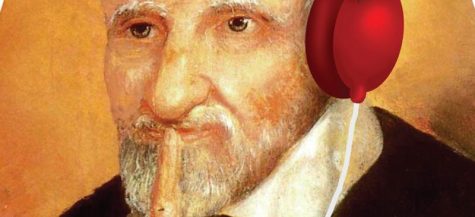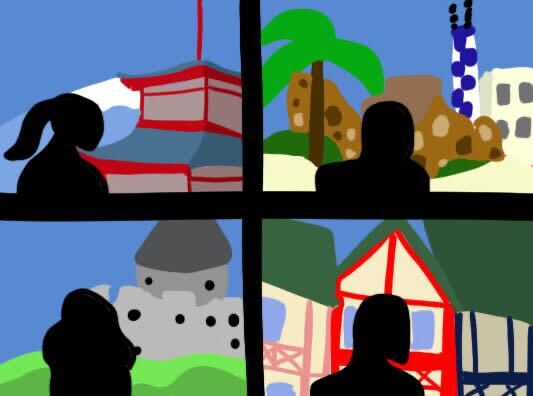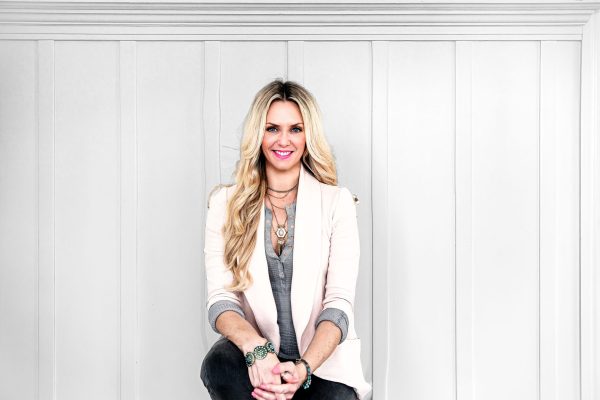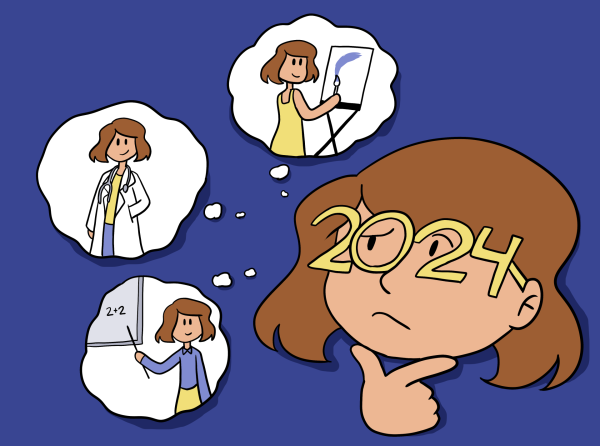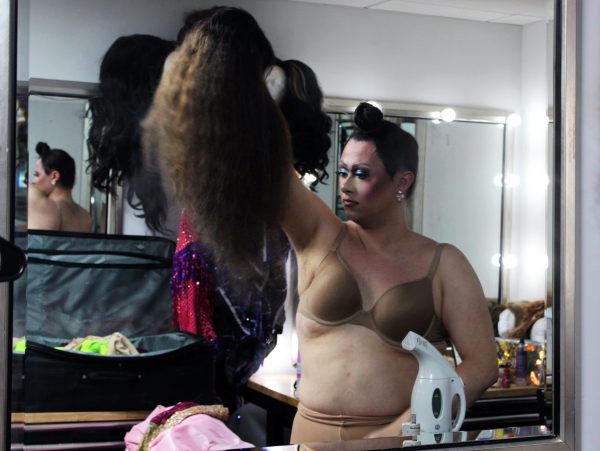Intuitive eating: the new non-diet diet
In a world consumed with diet culture, weight loss tips, cleanse suggestions and an overload of Photoshopped images, it’s hard to escape the pressure to give in to these trends. To alter one’s body in unhealthy ways, deprive it of food and ignore the cues it’s signaling is the farthest thing from healthy, yet the media packages it in such a way that it is hard to resist.
The problem with dieting and cutting out certain food groups is that the deprivation often leads to overindulgence. While it may cause some weight loss, it is not sustainable for long periods of time, which is when the “yo-yo effect” kicks in. That leaves the dieter in an endless loop of weight loss and gain, never settling where the body wants. This sort of dieting can also have lead to other negative effects, such as eating disorders.
To challenge this societal pressure, intuitive eating is the new popular weight loss alternative. And, it’s far simpler than rigidily depriving yourself of certain foods, counting calories and obsessively tracking weight trends. Often emphasized by “non-diet” dietitians and used by those recovering from disordered eating, it’s a healthy way to heal the body and mind from the debilitating impact dieting can have.
It’s a way to be kind to the body rather than hating it, as well as allowing one’s mind to focus on their lives rather than just on food or when their next meal is going to be.
“Intuitive eating is simply eating when I feel hungry and eating what option looks or sounds best,” Jen Aldrich, a proponent for intuitive eating, said. Aldrich has been encompassing this lifestyle since recovering from an eating disorder.
While it is definitely a transition from the rigidity of dieting, it allows for a lifestyle where one’s brain isn’t consumed with thoughts of food every second of every day. It allows the body to include all food groups and types, from kale to ice cream – you just eat these foods in a balanced, intuitive way.
“Not paying attention to previous or future meals when deciding what to eat in the present is really important for me and probably the hardest part of intuitive eating. It is a better lifestyle than dieting for me in the obvious way that it is just freeing,” Aldrich said. “My experience has been difficult but rewarding.”
Who would have thought actually listening to the body could have such a positive impact? So how does it work?
“Mindfulness is such a critical aspect of intuitive eating,” said Jennifer Ball, who since also recovering from an eating disorder is on the path to become a Doctor of Psychology. “(It) not only tells us what we want to eat, but also at what pace our body wants to eat and when to stop. The more we practice mindfulness, the more in tune we get with our bodies, our cravings and our hunger.”
Like anything new, it doesn’t happen overnight. It takes time for the body to adjust to this, especially if someone has been previously exposed to dieting. But that doesn’t mean it’s impossible or unrewarding.
“I want to stress that there is no such thing as perfection in intuitive eating,” Ball said. “But it’s perfect in that I never have to feel pressure or guilt about what I’m eating, which has totally changed my life.”
And ultimately, it’s all about balance. It’s about knowing that the body is smart and trusting that the body knows what to do with that extra dessert you ate the other day because of a craving. It allows the body to find it’s setpoint and maintain itself from there.
According to Sandra Aamodt, a science writer and neuroscientist, in an article for the New York Times, “The problem (with dieting) isn’t willpower. It’s neuroscience. You can’t — and shouldn’t — fight back.”
In explaining why post-diet weight gain is so common, Aamodt writes, “The range, which varies from person to person, is determined by genes and life experience. When dieters’ weight drops below it, they not only burn fewer calories but also produce more hunger-inducing hormones and find eating more rewarding.” Dieting is a very short-term solution to what could become a very long term problem — a world where your brain is overtaken by that disordered voice.
It’s something Ball can relate to. “Intuitive eating has freed me from the food police in my head and in the external voices of people around me. I’m able to eat anything and any quantity without guilt because I’m doing it according to what my body wants,” she said.
As Haley Goodrich, a non-diet registered dietitian said, “the goal of intuitive eating isn’t to only eat when you are hungry and stop when you are full. The goal is to be able to feel the nuances of hunger and fullness in your body.”


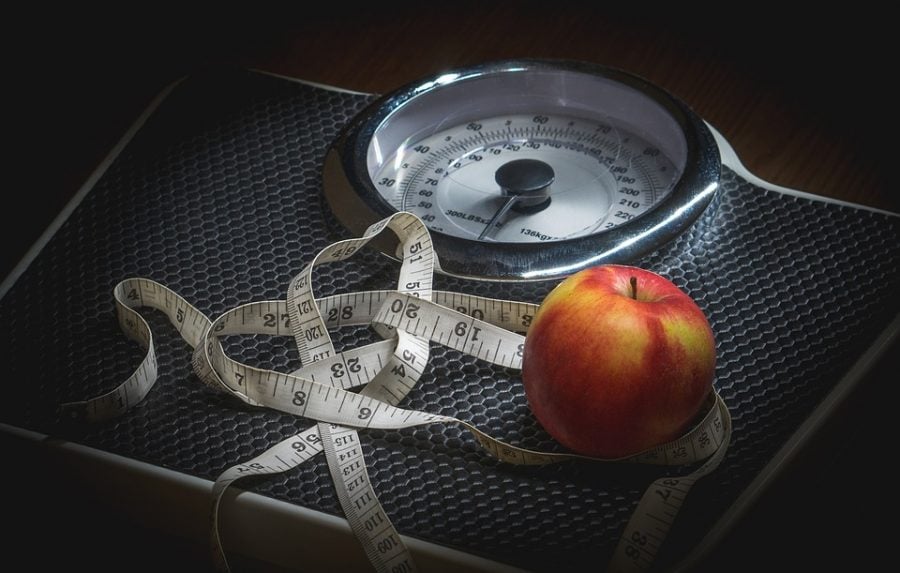



![DePaul sophomore Greta Atilano helps a young Pretty Cool Ice Cream customer pick out an ice cream flavor on Friday, April 19, 2024. Its the perfect job for a college student,” Atilano said. “I started working here my freshman year. I always try to work for small businesses [and] putting back into the community. Of course, interacting with kids is a lot of fun too.](https://depauliaonline.com/wp-content/uploads/2024/04/ONLINE_1-IceCream-600x400.jpg)
